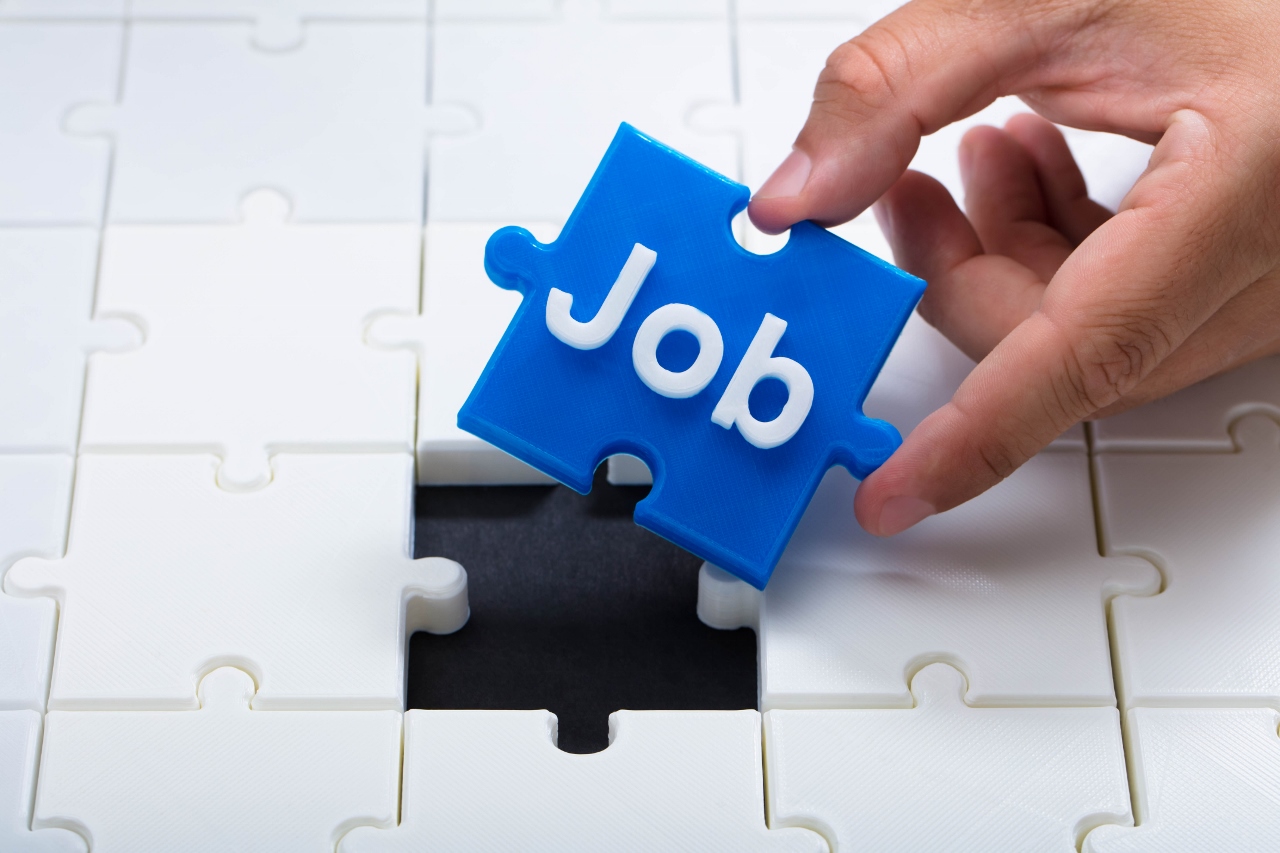
Benefits, ‘meaningful work’ important for Gen Z
The growing numbers of Gen Z workers have mystified both employers and their older colleagues. Remote work, quiet quitting and other buzzwords have filled headlines as CEOs melt down over changing office cultures. But the youthful nuances show no signs of slowing down as the youngest generation continues to enter the workforce.
Soon 27% of the workplace will be Gen Z, outnumbering baby boomers — and some employers are looking to understand what their young employees value.
For workplace culture leader Dr. Jessica Kriegel, there are not as many generational differences between younger and older workers as people may think there are. “Simply, the expectations of young workers have changed,” she said.
“I wouldn’t call it a values thing. Their values are probably the same, but I think older people at the age of 20 didn’t know that they could expect more, and so they didn’t,” Kriegel said.
Internal cultures are on display online and it’s affecting people’s choices about whether to join a particular organization, she said. They have seen toxic or bad work cultures and have shamed them. Now young people know they can expect more, and they are saying something about it, Kriegel said.
“The power dynamics are shifting, and you are seeing that in the form of increased anti-work sentiment, and you are seeing more unionization. People are being very vocal about what they consider unacceptable. I think that’s a good thing,” Kriegel said. “I think there’s a dynamic in which organizations are having to step their game up.”
Gen Z employees make up about 10% of the workforce at Post Consumer Brands, with half in Minnesota, and the rest in manufacturing roles across locations in North America, Michelle Krebs, senior manager of talent acquisition said in an email.
Post’s continued hybrid work model has been well received, Krebs said. It allows employees to engage in both in-person and virtual touch points like monthly town halls, which employees can attend for a chance to hear directly from leadership on company performance and objectives, she said.
They see Gen Z’s excitement really shine through when they get the opportunity to work on projects that make a direct impact, Krebs said, such as leading process improvement initiatives, researching ways to reduce waste or developing innovative products — opportunities that are highlighted throughout their recruiting process.
“We have seen these types of projects resonate with a generation who crave meaningful work,” Krebs said.
The passion for values-driven work is similar at Blue Cross and Blue Shield of Minnesota, where about 1 in 25 employees fall into Gen Z, Lisa Kramer Rodacker, senior director of organization development and enterprise learning wrote in an email.
Young workers are moved by mission-based work and are inspired by their work toward dismantling systemic inequities and being involved in the community at Blue Cross, Kramer Rodacker said.
“They want to work for organizations that have meaningful purposes and demonstrate a commitment to community.” Kramer Rodacker wrote.
Tribune News Service


